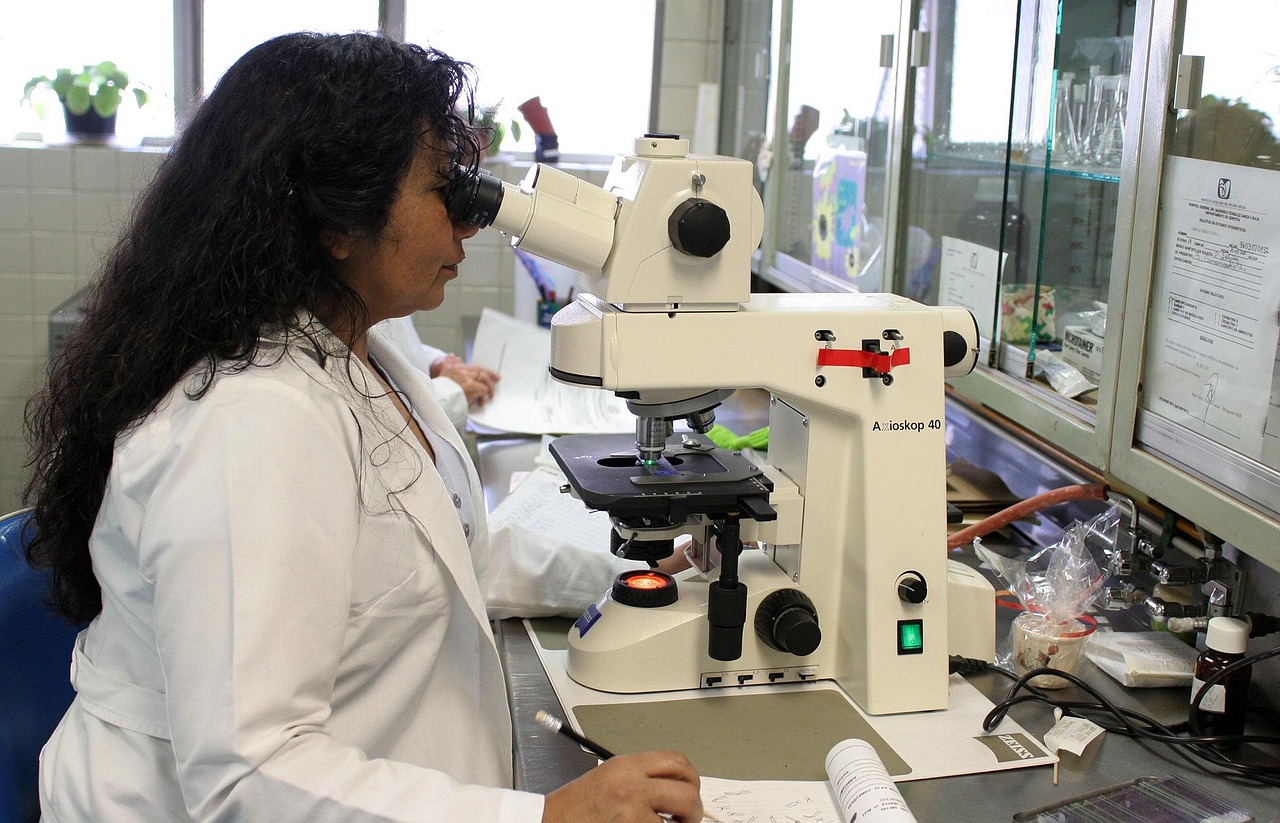In today’s fast-paced world, new health studies and medical discoveries are constantly emerging. It’s exciting to learn about breakthroughs that could potentially improve your well-being. However, understanding how to effectively research with your doctor is crucial for making informed decisions about your health. Here’s a practical guide to help you navigate these conversations confidently and constructively.
Why Bringing Research to Your Doctor Matters
Doctors rely on evidence-based medicine, but they may not always be aware of the latest studies that catch your attention. When you bring new health research to your doctor, you open the door for a personalized discussion that aligns the findings with your unique medical history. This collaboration helps ensure that any changes to your treatment plan are safe, appropriate, and based on credible evidence.
Steps to Effectively Research with Your Doctor
1. Verify the Source of the Research
Before discussing any new study, check the credibility of the source. Reliable research is typically published in peer-reviewed journals or presented at reputable medical conferences. Avoid basing discussions on unverified articles or sensational headlines from non-expert websites.
2. Summarize the Research Clearly
When you meet your doctor, bring a concise summary of the study. Highlight the main points such as what was studied, the findings, and the population it applies to. This will help your doctor quickly grasp the relevance of the research to your health situation.
3. Ask Open-Ended Questions
Instead of demanding changes based on the research, ask your doctor how the findings might impact your current treatment or lifestyle. For example, “How do you think this study relates to my condition?” or “Are there any risks or benefits in trying this approach?”
4. Be Ready to Listen and Learn
Your doctor might provide insights about the study’s limitations or suggest alternative interpretations. Trust their expertise and ask for clarification if needed. Remember, the goal is a collaborative conversation, not a debate.
5. Discuss Next Steps Together
If the research suggests a potential change, talk about the practical steps involved. This could include further tests, monitoring, or adjusting medications. A shared decision-making process ensures you feel comfortable and informed.
Tips to Keep the Conversation Productive
- Bring printed copies or digital links of the research for easy reference.
- Keep an open mind—new research can be promising but not always conclusive.
- Respect your doctor’s time by choosing appropriate moments to discuss new findings.
- Follow up if you have further questions or want to explore additional research later.
Conclusion
Effectively research with your doctor empowers you to be an active participant in your healthcare. By preparing well and approaching conversations with respect and curiosity, you create a partnership that supports your health goals and safety. Next time you come across interesting health research, you’ll be ready to turn that information into meaningful dialogue with your healthcare provider.


